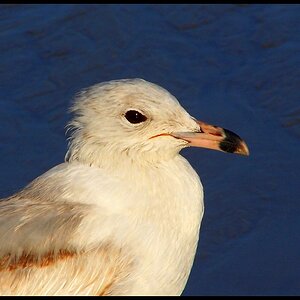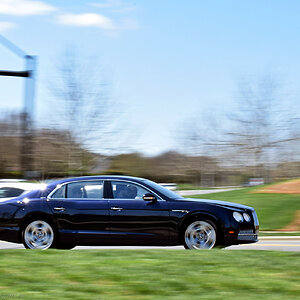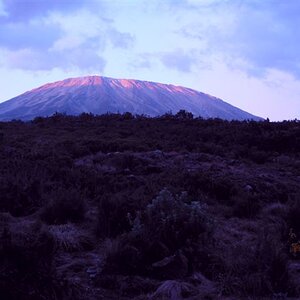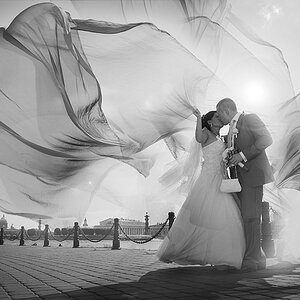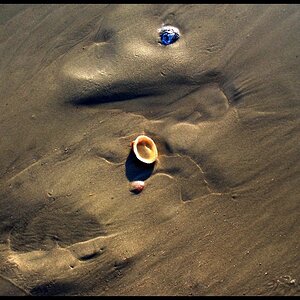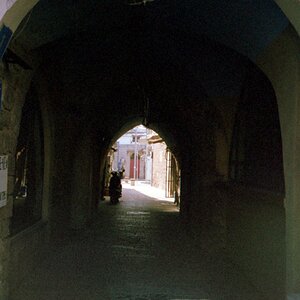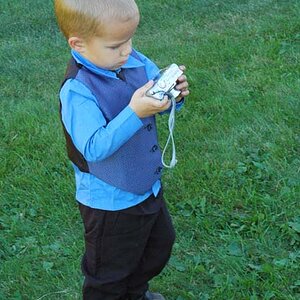- Joined
- Sep 2, 2005
- Messages
- 14,455
- Reaction score
- 3,328
- Can others edit my Photos
- Photos OK to edit
To OP: What are you trying to take pictures of?
The short answer, as many people have stated, is: yes, higher ISO will enable you to take pictures in "darker" places...
But ... how dark? And what are you trying to take pictures of?
Generally night photography is all about low ISO, a tripod and a long exposure. But there are cases where that may not be practical. Can you elaborate on what your scenario is?
The short answer, as many people have stated, is: yes, higher ISO will enable you to take pictures in "darker" places...
But ... how dark? And what are you trying to take pictures of?
Generally night photography is all about low ISO, a tripod and a long exposure. But there are cases where that may not be practical. Can you elaborate on what your scenario is?


